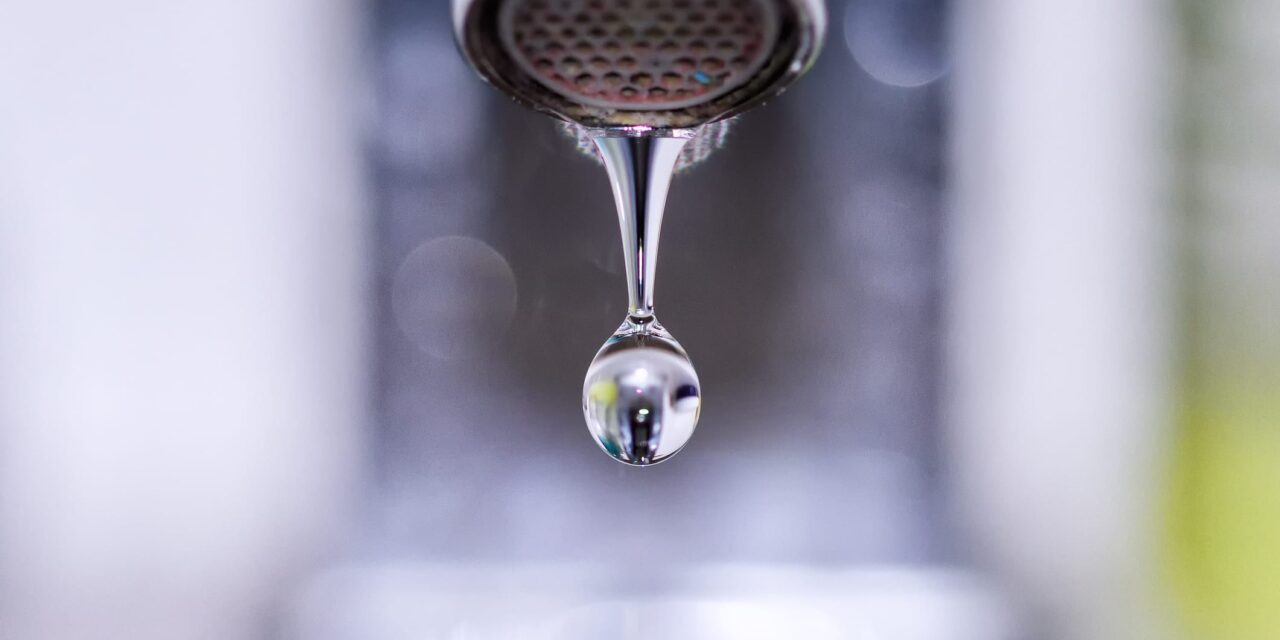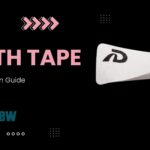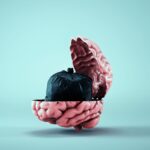Summary: The CDC advises physicians to counsel patients about potential fatal Acanthamoeba infections linked to using tap water in CPAP machine humidifiers, following a recent patient death.
Key Takeaways:
- Physicians should counsel CPAP users on the risk of infections from using tap water in humidifiers.
- A patient’s death from Acanthamoeba encephalitis was linked to tap water used in both a CPAP machine and electronic nasal irrigation device.
- The CDC advises using distilled, sterile, or boiled and cooled water for nasal irrigation and strictly following CPAP manufacturers’ instructions.
Physicians should consider counseling patients about Acanthamoeba infections potentially linked to using tap water in CPAP machine humidifiers, advises the Centers for Disease Control and Prevention (CDC) in its March 27, 2025 Morbidity and Mortality Weekly Report.
The reminder comes on the heels of the analysis of the death of a 66-year-old patient who had a history of obstructive sleep apnea, diabetes, alcohol use disorder, and ulcerative colitis. He died from an Acanthamoeba infection, which was likely acquired by using tap water in electronic medical devices. The free-living ameba—which can cause encephalitis—was detected in the patient’s brain tissue, an electronic nasal irrigator, and a CPAP machine.
Because Acanthamoeba is ubiquitous, exposure sources frequently can’t be determined. But in this case, the patient reported no recent recreational water exposure but regularly used tap water in an electronic nasal irrigation device and a CPAP machine at home. (Information about how these devices were cleaned was not available.)
The CDC detected Acanthamoeba in the patient’s electronic nasal irrigation device and in the drained water receptacle from the patient’s CPAP machine—both matched the T4 genotype found in the patient’s brain specimens. The T4 genotype is the most common one detected among encephalitis cases.
The CDC states, “Physicians should encourage the use of distilled, sterile, or boiled and cooled tap water when performing nasal irrigation and adherence to manufacturer recommendations when using electronic medical devices such as CPAP machines.”
ID 112386259 © João Clérigo | Dreamstime.com










